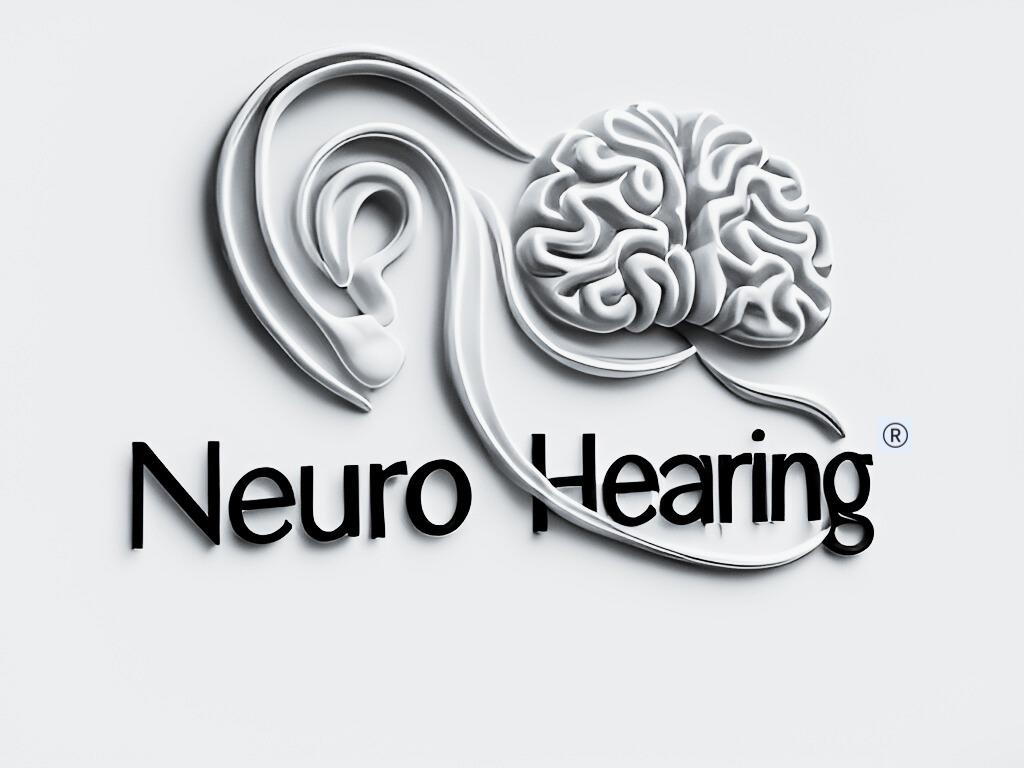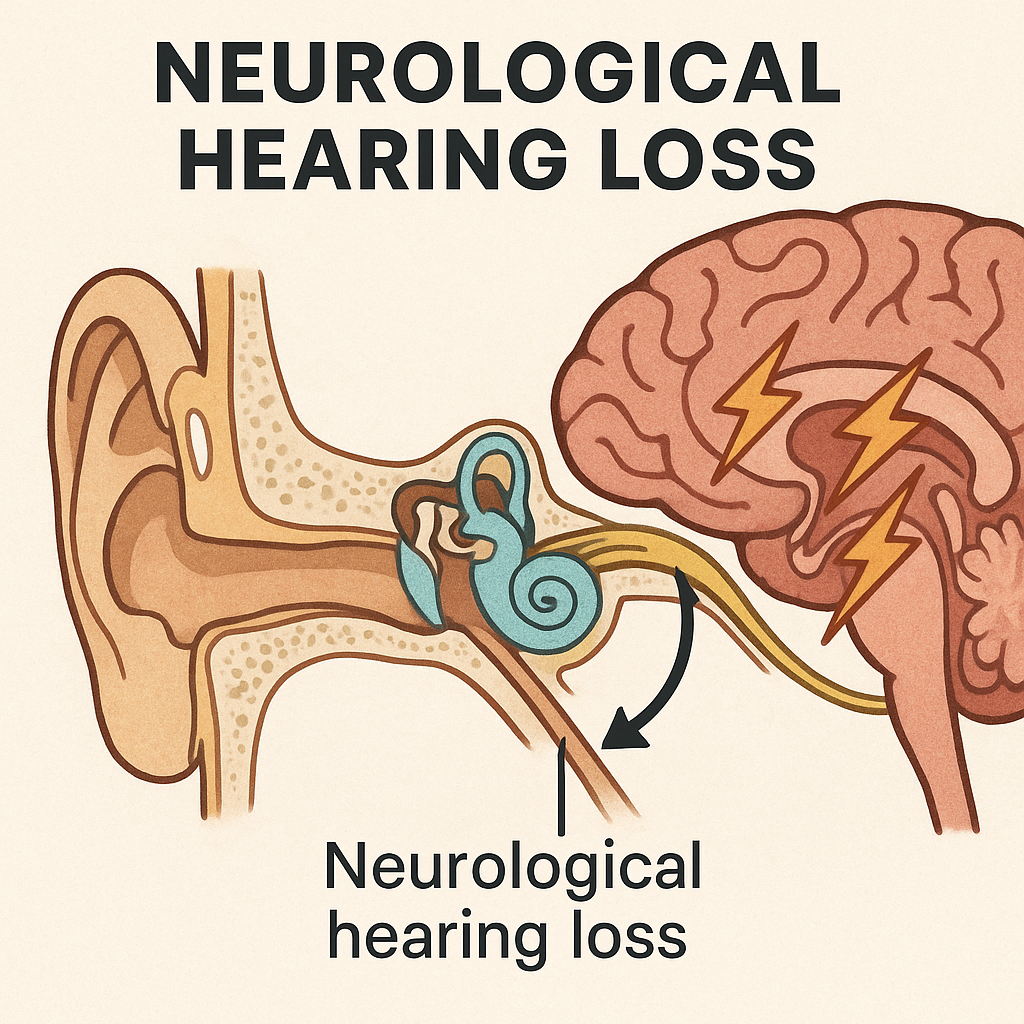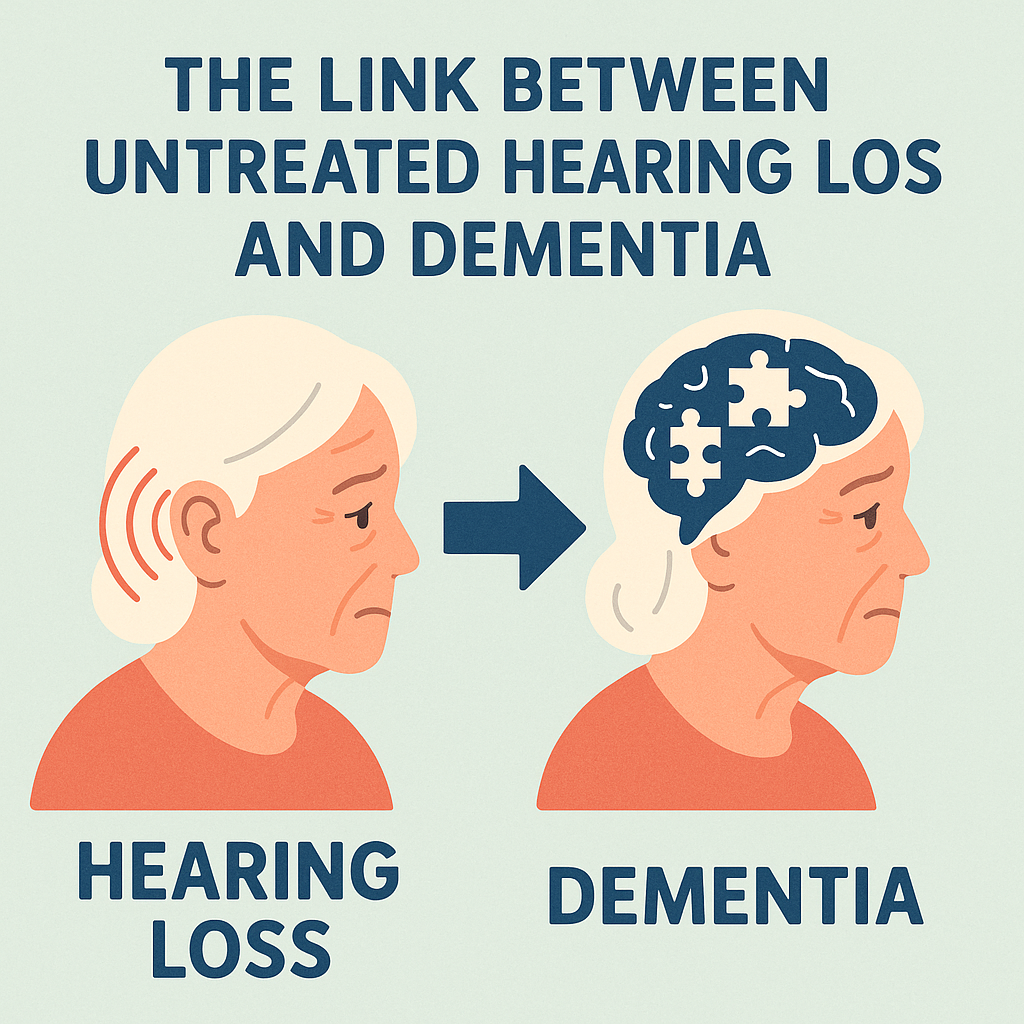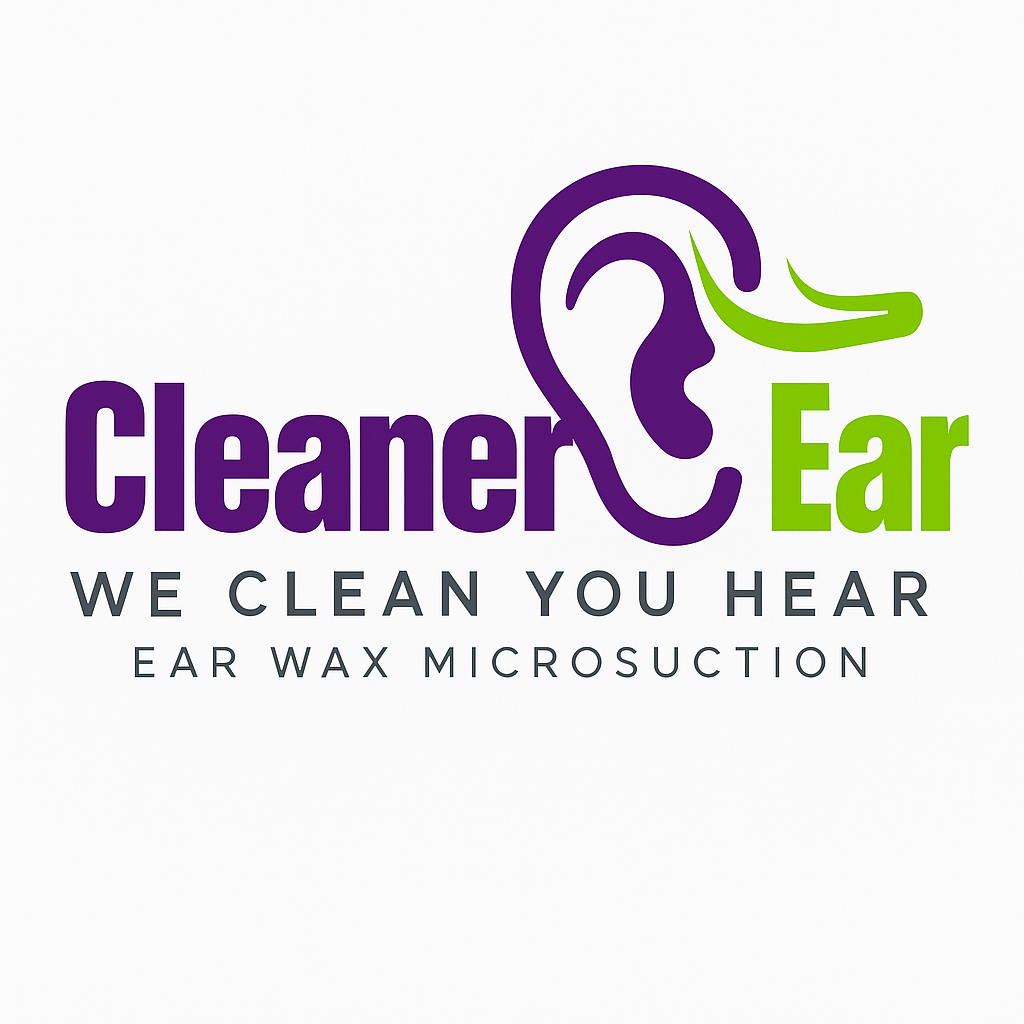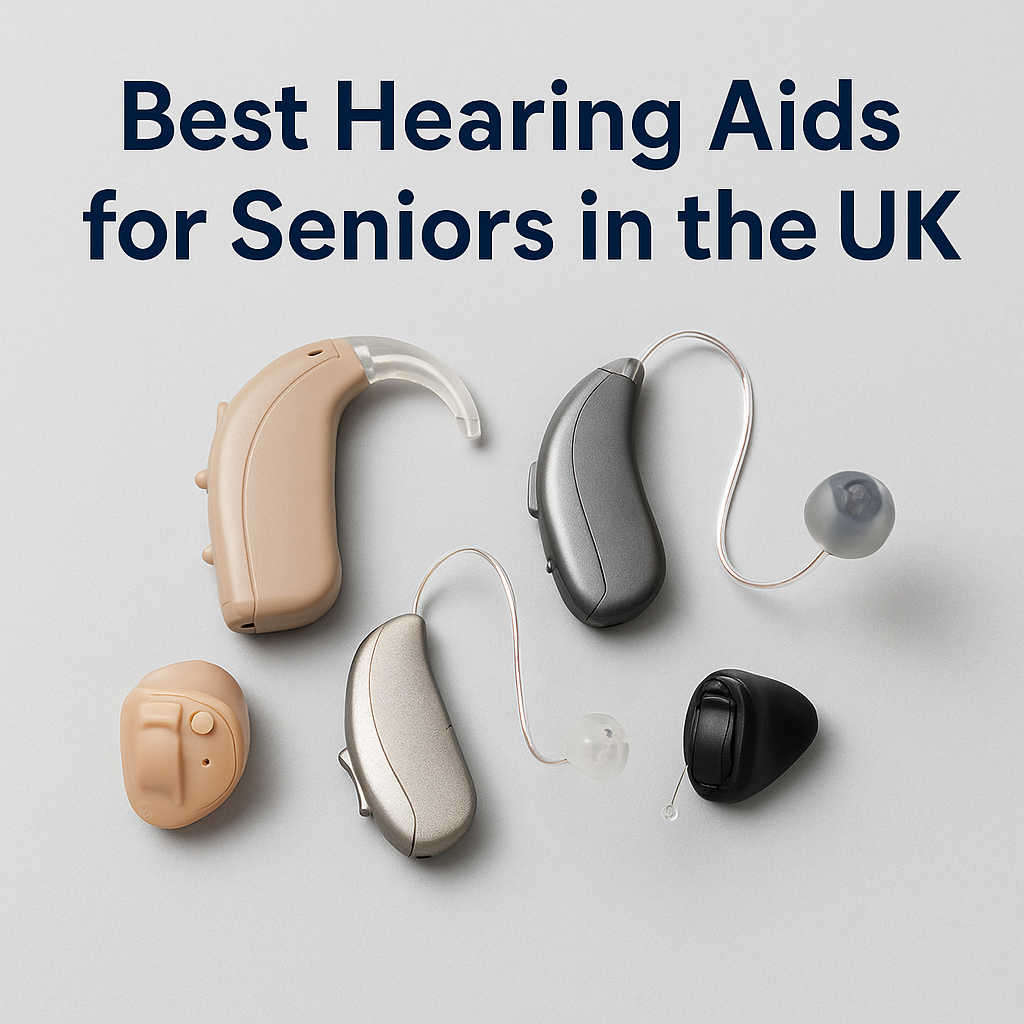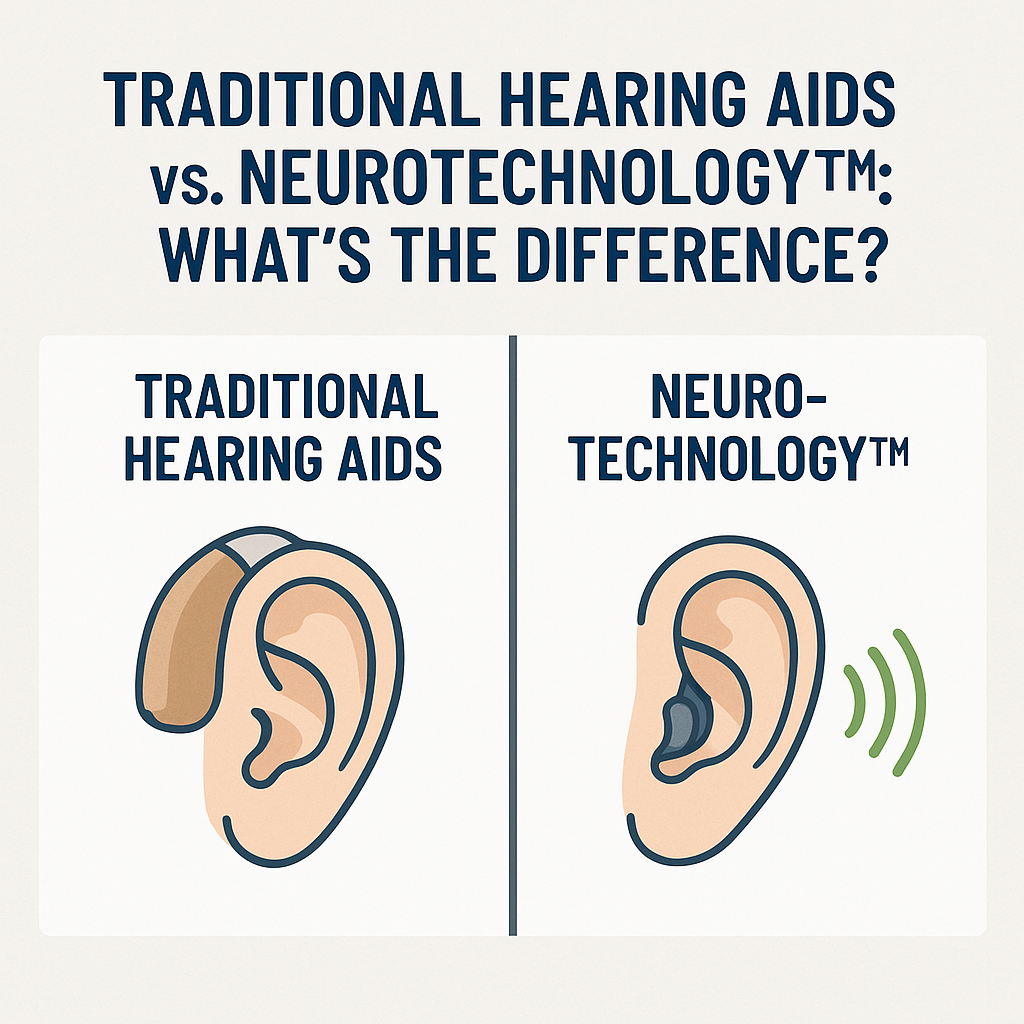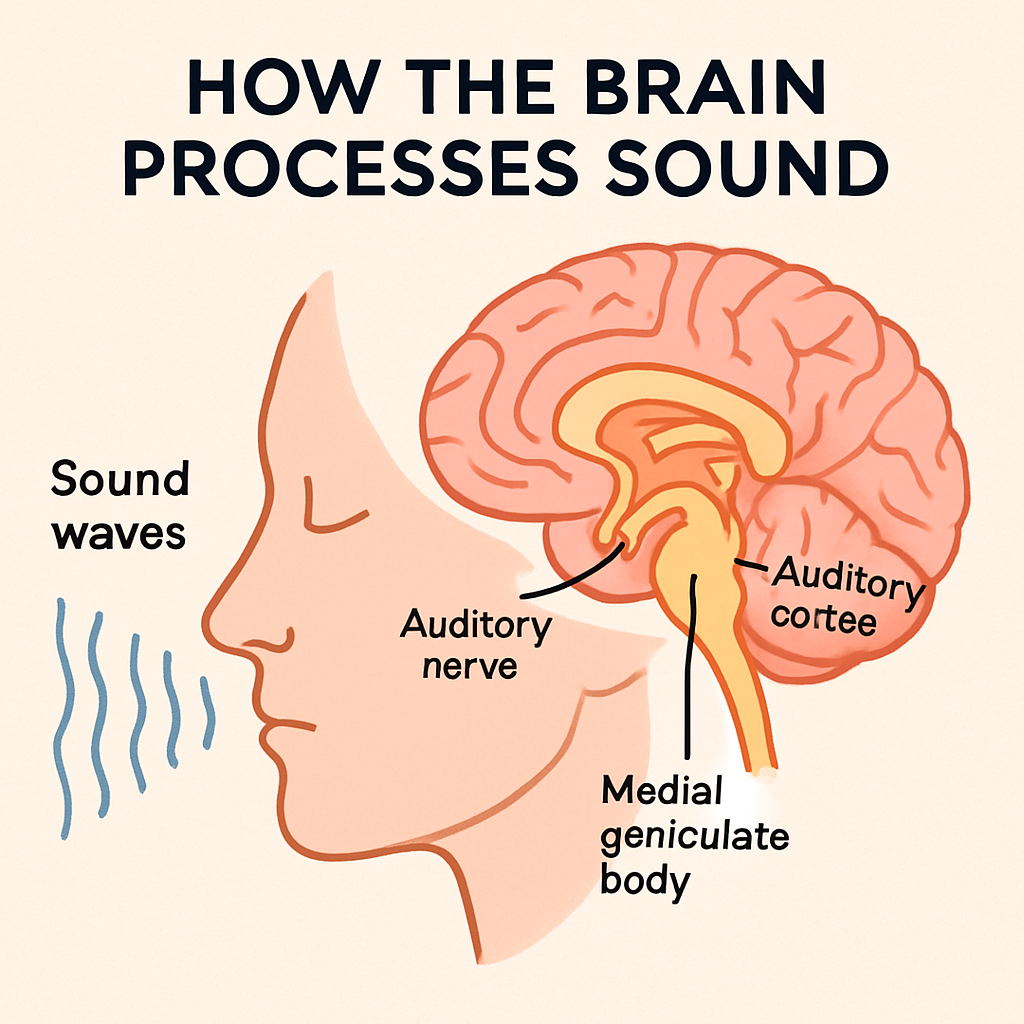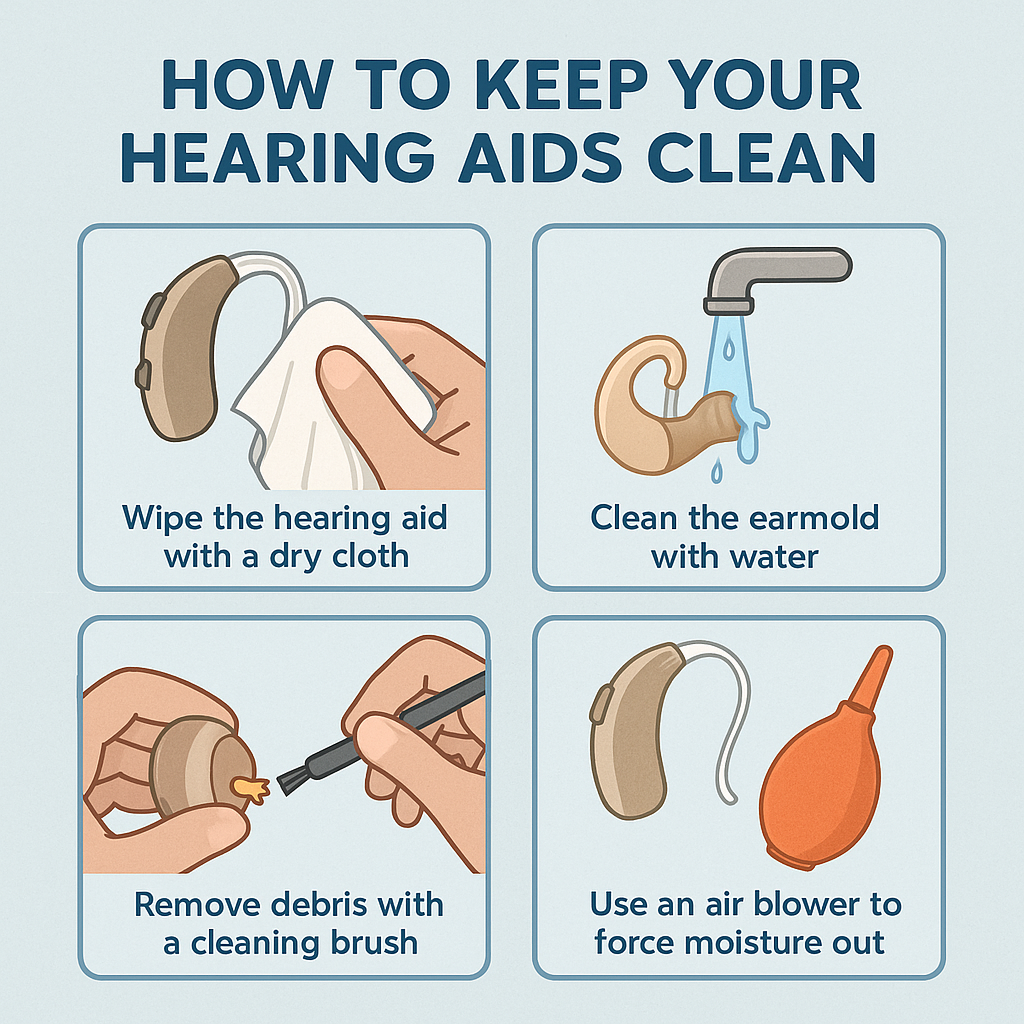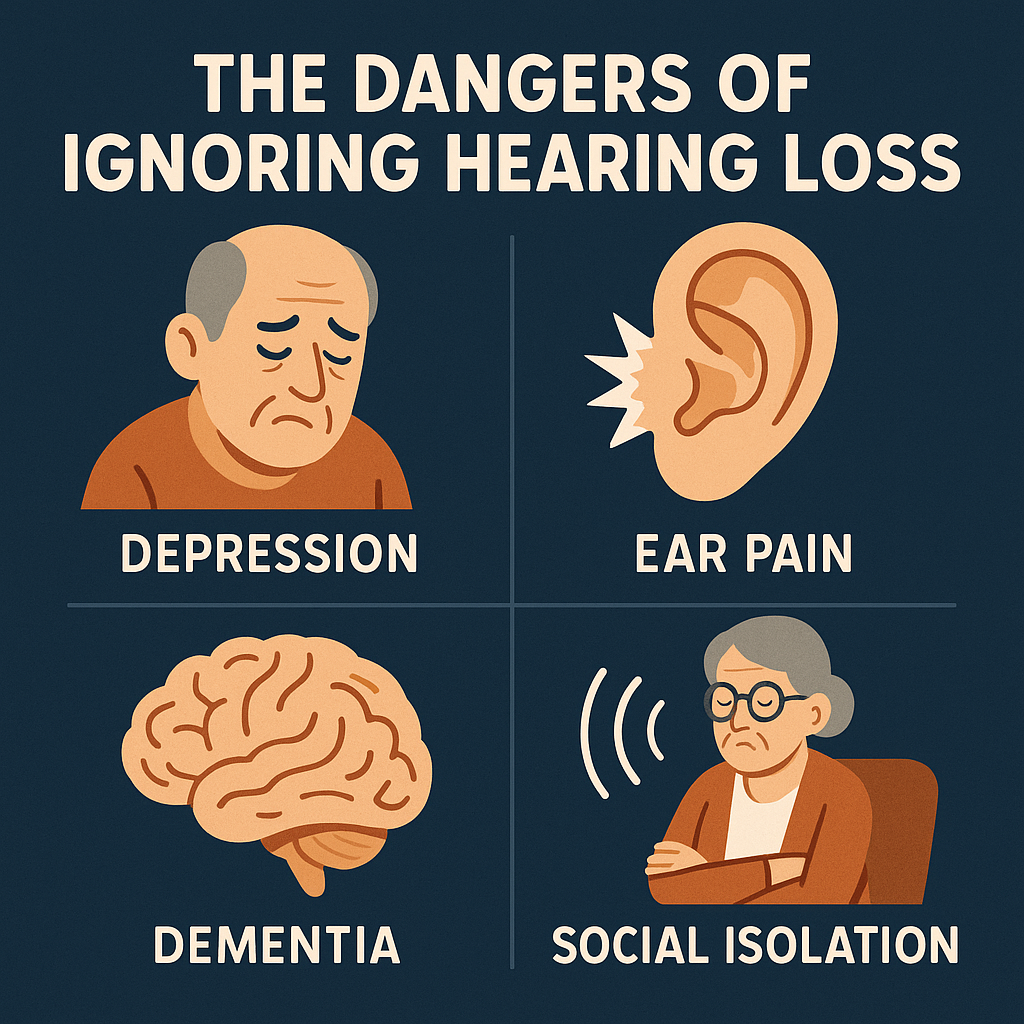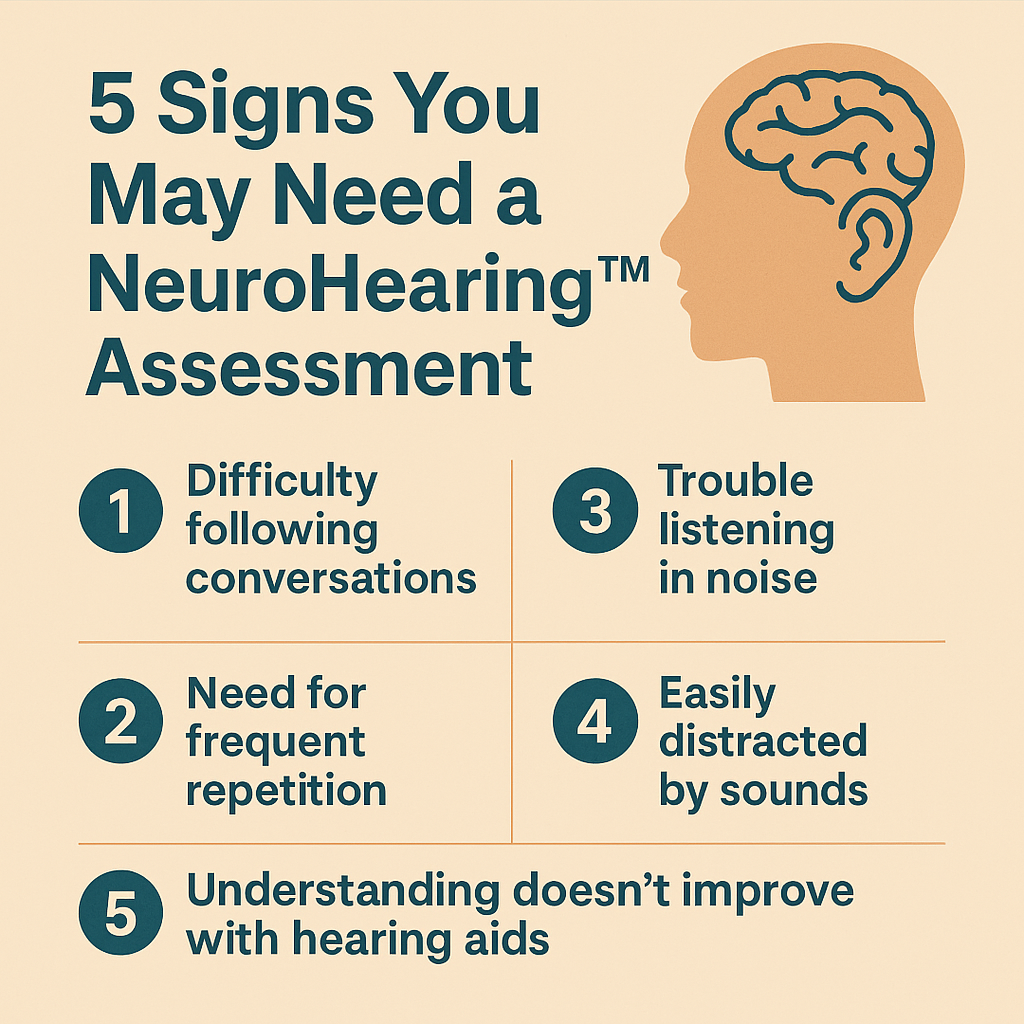The Dangers of Ignoring Hearing Loss & Why Early Detection Matters Hearing loss is often dismissed as a normal part of aging or something that can be put off for another day. But ignoring the early signs of hearing loss can have serious consequences—not just for your ability to hear, but also for your overall health, relationships, and cognitive well-being. In this blog, we’ll explore why early detection matters, the hidden dangers of untreated hearing loss, and how new solutions like NeuroTechnology™ are changing lives. What Is Hearing Loss? Hearing loss occurs when your ability to hear is reduced, making it harder to detect and interpret sounds. It can range from mild to profound and may affect one or both ears. According to the World Health Organization, over 1.5 billion people worldwide live with some degree of hearing loss—and many are unaware of it. Common Types of Hearing Loss Sensorineural: Caused by damage to the inner ear or auditory nerve. Conductive: Caused by obstructions or damage in the outer or middle ear. Mixed: A combination of sensorineural and conductive hearing loss. The Early Signs You Shouldn’t Ignore Hearing loss usually happens gradually, which makes it easy to overlook. Here are some of the most common signs: Constantly asking people to repeat themselves Turning the TV or radio up louder than usual Struggling to follow conversations, especially in noisy settings Ringing or buzzing in the ears (tinnitus) Withdrawing from social situations due to hearing difficulty If these sound familiar, it may be time for a hearing test. The Hidden Dangers of Untreated Hearing Loss 1. Cognitive Decline & Dementia Numerous studies, including those by Johns Hopkins Medicine, have shown that hearing loss is strongly linked to accelerated cognitive decline. The brain has to work harder to interpret sounds, which can drain cognitive resources and increase the risk of dementia by up to five times. 2. Mental Health Issues Untreated hearing loss often leads to social isolation, loneliness, depression, and anxiety. Individuals may withdraw from conversations or avoid social gatherings altogether, leading to feelings of frustration and hopelessness. 3. Relationship Strain Communication is the cornerstone of healthy relationships. Hearing loss can lead to frequent misunderstandings, miscommunication, and arguments with loved ones. Over time, this can seriously strain personal and professional relationships. 4. Decreased Earning Potential A study by the Better Hearing Institute found that untreated hearing loss can reduce annual income by as much as $30,000. Difficulties in communication at work may lead to decreased job performance and fewer opportunities for advancement. 5. Increased Risk of Accidents Hearing loss can compromise your awareness of your surroundings, making it harder to hear alarms, oncoming traffic, or warnings. This increases the risk of falls, accidents, and other safety concerns—especially among older adults. Why Early Detection Matters A. Better Treatment Outcomes The sooner hearing loss is detected, the easier it is to treat. Early intervention helps prevent the brain from “forgetting” how to process certain sounds, which can occur if hearing loss goes unaddressed for too long. B. Protecting Brain Health Hearing is a cognitive activity, not just a sensory one. Catching hearing loss early supports brain health and helps prevent long-term cognitive damage. Devices like NeuroTechnology™ work in tandem with the brain to retrain it for better sound processing. C. Improved Quality of Life Early treatment allows individuals to remain socially active, independent, and confident. It reduces the frustration of not being able to follow conversations and helps you stay engaged with the world around you. Barriers to Early Detection Despite the risks, many people delay treatment for hearing loss. Here’s why: Denial: Many believe their hearing is “not that bad.” Stigma: Some associate hearing aids with aging or weakness. Cost Concerns: While quality hearing solutions can be an investment, the long-term cost of ignoring hearing loss is much greater. Lack of Awareness: Many simply don’t recognize the early signs. It’s crucial to understand that untreated hearing loss doesn’t just affect your ears—it affects your brain, your relationships, and your overall health. How Hearing Technology Has Evolved Traditional hearing aids amplify sound but often struggle with background noise and speech clarity. New solutions like NeuroTechnology™ go beyond amplification. They are designed to: Restore speech clarity Retrain the brain’s auditory system Adapt to different listening environments Offer real-time sound processing using AI Advanced Features Include: Directional microphones Bluetooth connectivity Real-ear measurements Lifestyle customization Brain retraining programs Learn more about how real-ear measurements improve hearing aid performance. What to Expect During a Hearing Evaluation A professional hearing assessment typically includes: Medical history review Ear canal examination Pure tone and speech testing Speech-in-noise testing Discussion of results and treatment options Some clinics offer free hearing tests or consultations to make the process easier. Who Should Get Tested? If you are over the age of 50, have a family history of hearing loss, or are experiencing any of the symptoms mentioned earlier, schedule a hearing evaluation today. Even mild hearing loss can have a significant impact on your quality of life. Organizations like the American Speech-Language-Hearing Association (ASHA) and the World Health Organization recommend regular screenings as part of your overall wellness routine. Real Stories: The Impact of Early Detection “I didn’t even realize how much I was missing until I got tested. My relationships have improved, and I feel confident in social settings again.” — David, 63 “Once I started using NeuroTechnology™, I could actually understand conversations in noisy places. I didn’t know how much my brain was working just to keep up.” — Sarah, 58 Hearing loss doesn’t have to control your life. Early detection puts you back in charge. Don’t Wait—Take Action Today Hearing loss doesn’t just affect your ears—it impacts your brain, your safety, your mental health, and your future. With advancements like NeuroTechnology™, there’s never been a better time to address hearing issues. Book a comprehensive hearing evaluation today to take the first step toward better hearing, improved relationships, and a fuller life. Additional Resources & Support Ruislip Clinic – Hearing Loss
